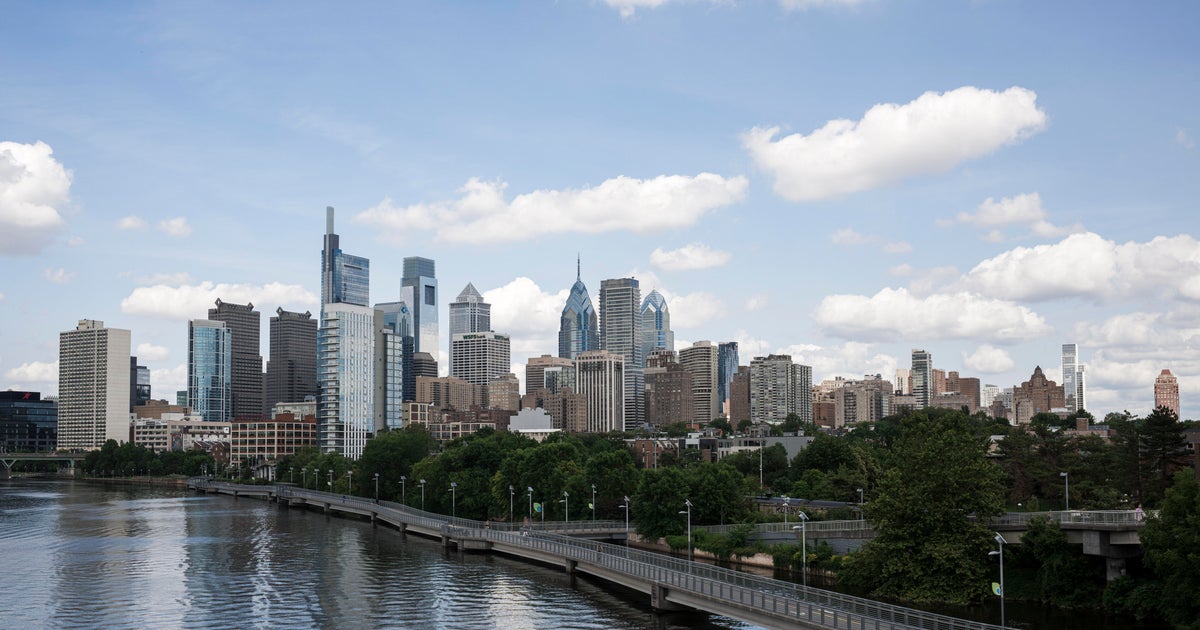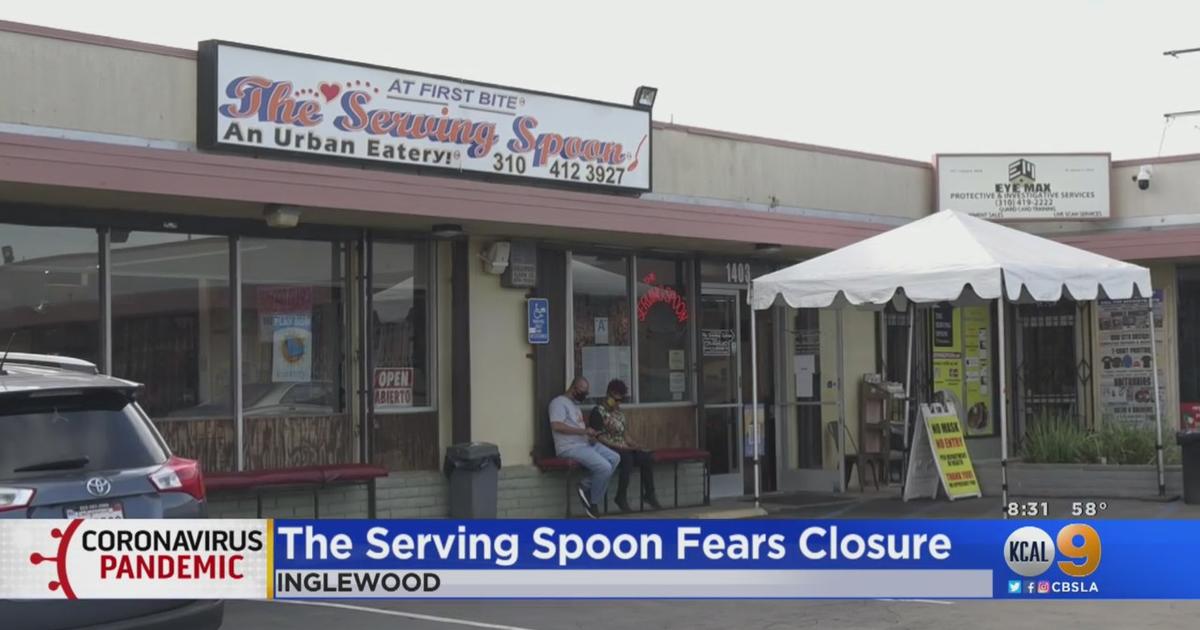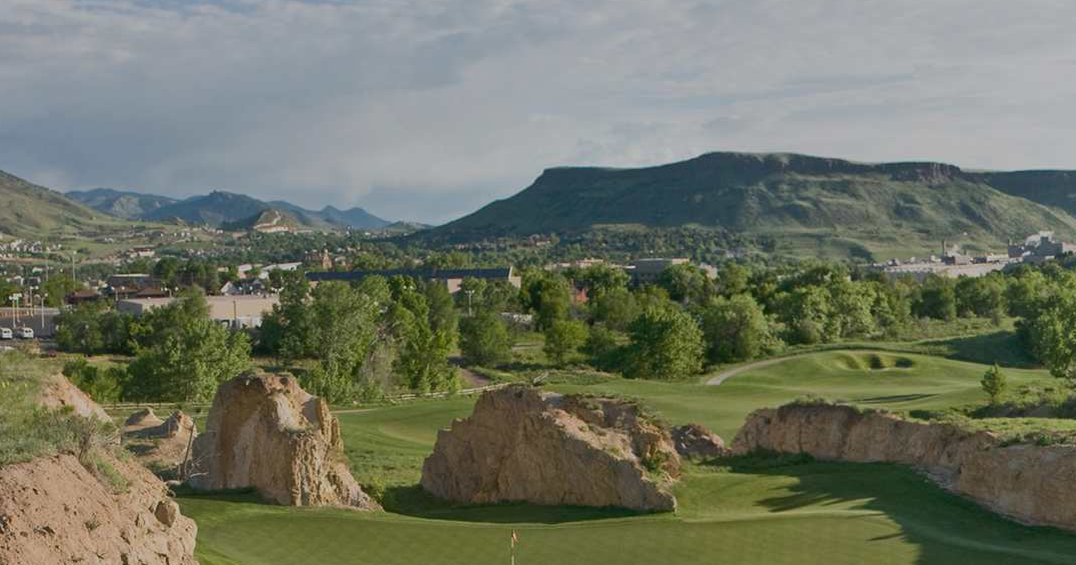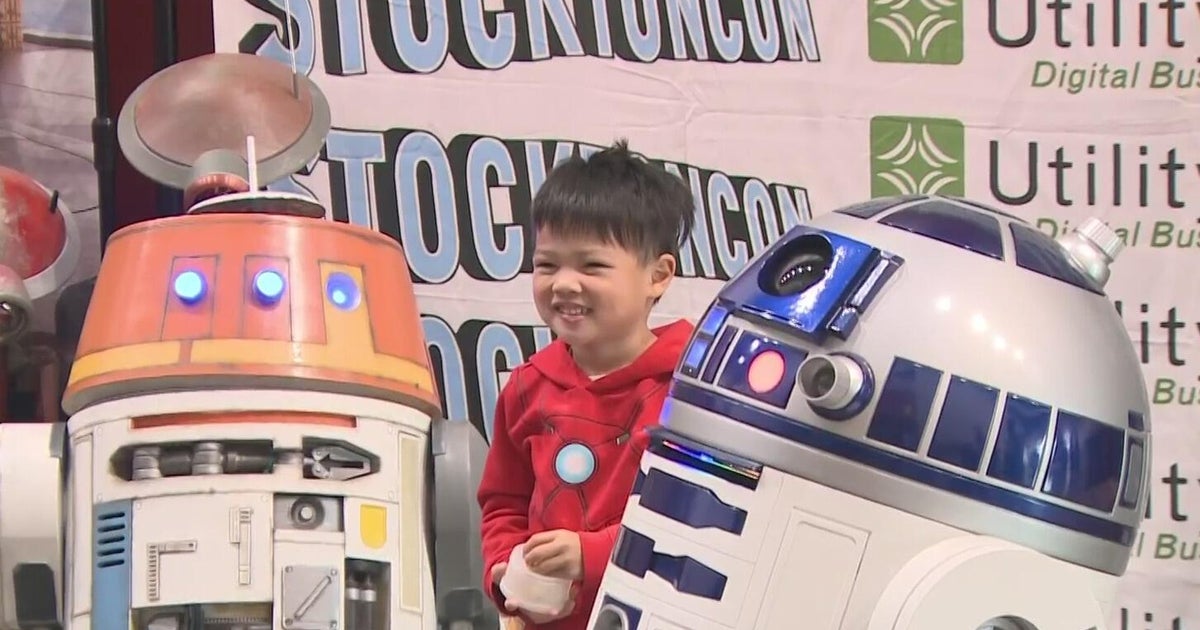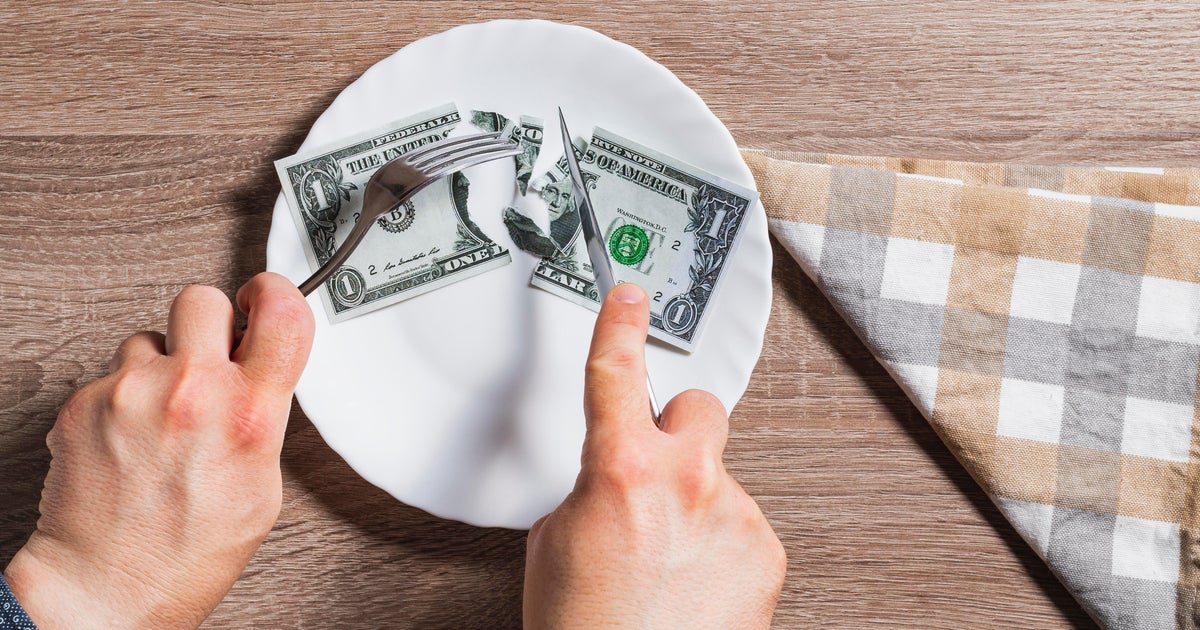Curiocity: A Chef's Profile Of Doug Flicker, Part 1
The Twin Cities are blessed when it comes to talent in the kitchen. The culinary minds at the helm of our favorite restaurants receive critical acclaim and top honors from food enthusiasts and reviewers, alike. But who are the people behind the chef's coat? Our Chef's Profile aims to find out.
Fresh off the honor of being named Outstanding Chef at the 2012 Charlie Awards, Doug Flicker still maintains his humble demeanor as his rise to one of Minneapolis' best chefs continues.
As the chef of Piccolo, Flicker has taken his creative prowess and turned it into a culinary experience unlike any other. He opened the doors to his dream restaurant in January 2010, after 10 long, but rewarding, years at Auriga -- and the period of soul-searching that followed.
He credits Bravo's popular reality TV series, "Top Chef" for helping him get to this point -- and for putting chefs in the national spotlight.
Flicker said his career has been the culmination of a lot of hard work, a few good breaks, and overall, a completely wild ride.
In the first of this two-part series, we chatted with the chef about his work, how he got to this point and what motivated him to open Piccolo.
So chef, let's start at the beginning. When did you know you wanted to go into the culinary world?
You know, I was finishing up high school with absolutely no clue of what I wanted to do, no direction, no drive. There was a restaurant that was here in St. Paul that opened called Alfredo's that opened a branch near where I grew up in Rochester. My sister started dating the chef, so he started showing up in a white jacket and he kind of nudged me and opened a couple of doors for me. So I kind of think that was a start. Also, the Vietnamese immigration into the Rochester area started and I started working with a woman who opened a Vietnamese restaurant in Rochester. It was this brand new world of flavors and things like that, so those two things kind of colliding opened this brand new world for me.
From there, at the time there weren't culinary institutes -- there wasn't a Le Cordon Bleu, there wasn't an A.I. -- there was a St. Paul Tech and a Hennepin Tech, so those were the two routes that he went. Steven was a St. Paul Tech graduate, so he introduced me to that program. At the same time, the D'Amico's just came to town and just started their catering company. Right when I was wrapping up school, they opened a restaurant called Cucina and brought me on there. So that was the big break and that was the foundation of what I do now and why I do it.
Thinking back, what would you say was your first memorable meal?
There's been a couple and for various reasons. I think Charlie Trotter's in Chicago with my wife for my birthday was one of my first true introductions to fine dining. After we were married we went to Spain and ate at a restaurant called Arzak, in 2000. And that was another, like, I will never forget that meal in the sense that it was such a brand new world. With Charlie Trotter's and stuff, I'd seen the book so I was kind of aware of the movement. Spain and Arzak was just like stepping onto another planet.
What inspires your cooking?
I think there are various things. What inspires me is change and pushing myself and the restaurant and the people around me and the envelope, to some extent. I think that trickles down to pride, fear and just a desire to do something that's not the same thing over and over and over again. I feel that if I don't do that, I fall behind, pride in trying to come up with things that other people aren't doing or in a way they haven't done it. That's lots of complicated reasons behind that. But really, just basically the desire to push things forward, constantly reinvent myself or the restaurant or make things relevant.
Your menu at Piccolo is one of the most unique in the Twin Cities -- what was your thought process and approach?
Piccolo was kind of the result of my previous restaurant before Auriga failed. So, Auriga was 10 amazing, difficult years. You never know what you have until you lose it. So when that restaurant closed, I spent about two years doing the soul searching -- what I thought I did wrong, what I wanted to change, what mistakes were made and what I could do to be better. So I think the biggest thing is trying to figure out what exactly it is that I wanted to do, what would make me happy, cooking-wise, for the next 10 years. And then how to avoid some of the financial mistakes that I made before.
So on the financial point -- finding a 36-seat restaurant in a location that had dirt cheap rent was that step. And then I kind of took away the things that I really did not like before. And that was having to do categories -- soups, salads, entrees. At the last year or so at Auriga, we created a category of amuse-bouches, which were $2 to $3, $4 plates, very tiny. A lot of restaurants will give them out as a treat, but because they're giving them away, they tend not to be very interesting. So I think that was a premonition of what was to come with being able to focus and do cool things and still charge people for them.
I think that lead into the Piccolo-menu format where there are as few boundaries and things to hole me into a certain category. So what I want to do is take three seven-course tasting menus, combine them and allow people to order however they want, whenever they want and not have those structures of a traditional restaurant.
And the name Piccolo? Where did that come from?
It came from, I would like to say there's a romantic story behind it. But I like the way the word sounds, Piccolo is small, so it somehow subconsciously crept into plate size and restaurant size. With Cucina being my first real restaurant job, I have a very soft spot in my heart for Italian restaurants, Italian motorcycles, it all seemed to click.
How did you come up with the dishes on your menu?
First of all, it's always an evolution. When Piccolo opened we had a concept of what we were going to do as far as, the portion sizes were going to be small, we were going to get rid of all the added things I don't think a dish needs, appetizers. It's small courses in a menu that are the most unique and interesting, so we kind of took that approach to it.
I wanted to work with ingredients that I've either never worked with before or the way that I am now. So that was kind of the driving force. We went with the offal -- picked up pig's feet, pig tails, cheeks, tongues, hearts and all of a sudden, there was nothing off the table. We dove into all the things that traditionally we've never been able to work with before. So then you identify the product that you're going to use, identify the way that you're going to cook it and how to present it, and how we were going to do it differently. That still is sort of the driving force.
I think I'm starting to run out of different animal's cheeks, tails and bellies to use so then you kind of go back and take a look at what you've done before and with the knowledge you have now, how can you take what you did before to the next step?
How does it feel to present a menu in Minnesota that might make people a little timid at first -- and then really knock their socks off?
I think so much of it is gaining trust. If you can get people to trust and take that first step, it's the risk in the reward. If they dig into a dish that they're apprehensive about, and then realize that it's good or that it's not ... the reward and the sensation to that is really good. And then they'll take the next step with you and the next step, the next step and so forth.
I really think a defining moment for us was when Anthony Bourdain came and included us in his show and then said really, really kind words about us. I think that silenced a lot of people and really gave us the momentum to push forward, at an accelerated rate.
You're known as one of the best chefs in the Twin Cities and you have a restaurant that's been called the best. What is that like for you?
It's exciting, it's overwhelming. It's more pressure -- the pressure to perform and continue to push things forward and discover the next thing and to come up with a better dish. It's a lot of pressure, it's exciting and it's fantastic. It's fantastic, it really is.
A Chef's Profile Of Doug Flicker, Part 2
Check back next week for Part 2 of our interview with Doug Flicker. For more on Piccolo, check out the website.
